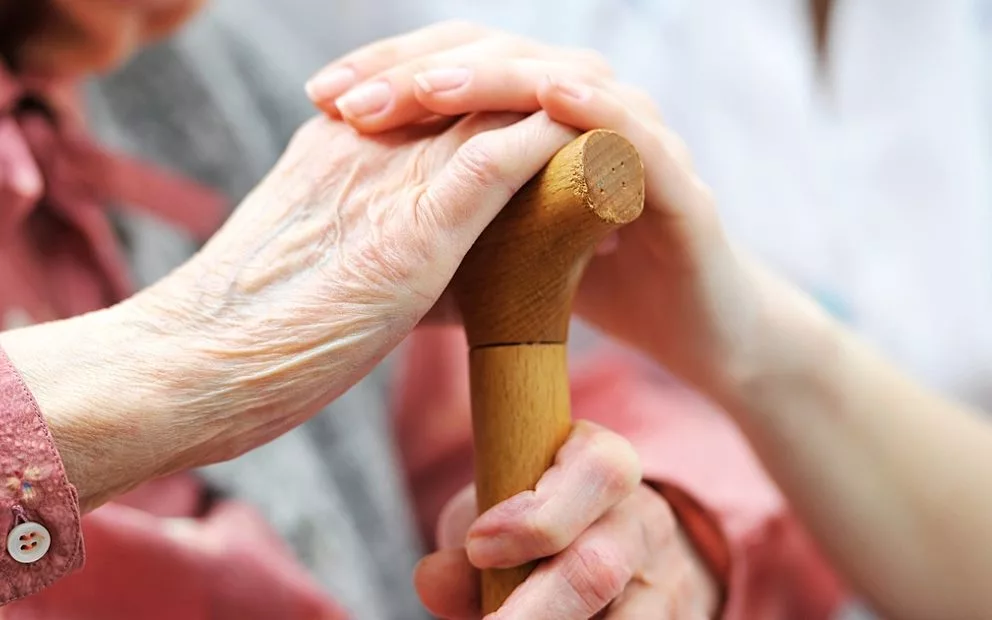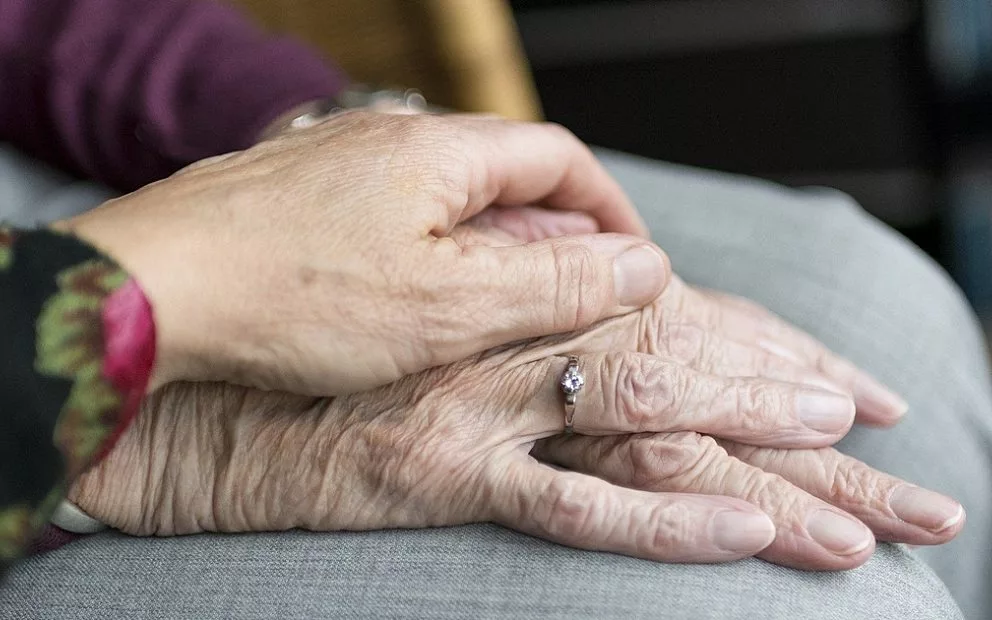New research led by the Registry for Older South Australians (ROSA) at SAHMRI shows that shorter waiting times for home care packages was associated with improving life-expectancy of older people and their ability to remain in their own homes.
Lead author and Director of the Adelaide G-TRAC Centre within the University of Adelaide, Professor Renuka Visvanathan, says that although a causal relationship between prolonged waiting times and mortality has not been established, the evidence supports the need for more home care packages.
“Demand continues to exceed supply for home care packages because of Australia’s ageing population, but we now have evidence supporting the benefit of shorter waiting times,” Professor Visvanathan said.
The research used data from almost 180,000 home care package recipients Australia-wide between 2003 and 2013, before the introduction of the current centralised waiting list for home care packages.
“We looked at the time taken between each person being approved for a home care package, and when they began receiving those services,” Professor Visvanathan said.
“We then looked at the health outcomes after they received their home care package.”
Researchers found that people who waited longer than six months were nearly 20 per cent more likely to have died two years after receiving their home care package than those whose wait was a month or less.
The mortality increase could have been related to higher care requirements of patients who had difficulty accessing places, but it is also possible that earlier access to packages may have improved survival.
Older people waiting longer than six months were also found to be 10 per cent more likely to be in permanent residential care after two years with their package.
“This is important because we know older Australians prefer living in their home,” Professor Visvanathan said.
More than 100,000 Australians who’ve been approved for a home care package are currently waiting to receive the level of service they need. For some, the wait is 15 months or longer.
“As an immediate goal, we’d like to see wait times reduced to a maximum of six months,” Professor Visvanathan said.
ROSA Director, Associate Professor Maria Inacio, thanked the many organisations that contributed to this specific research, including SAHMRI, the University of Adelaide, Resthaven Inc, Council on the Aging SA, Federal and State Governments, and the larger ROSA network that provided the support and leadership for ROSA.
“Without government support to access and analyse population data, registries like ROSA couldn’t perform vital research like this,” Associate Professor Inacio said.
“This research was only possible because of significant funding from the South Australian (Premier’s Research and Industry Fund) and Federal (Medical Research Future Fund) Governments as well as the willingness of successive Federal Governments to make information about the delivery of aged care services in Australia available to researchers like us.”
Home care packages provide coordinated care and services to help older people live independently in their home for as long as possible.
The research was published in The Journal of Nutrition, Health and Aging.



